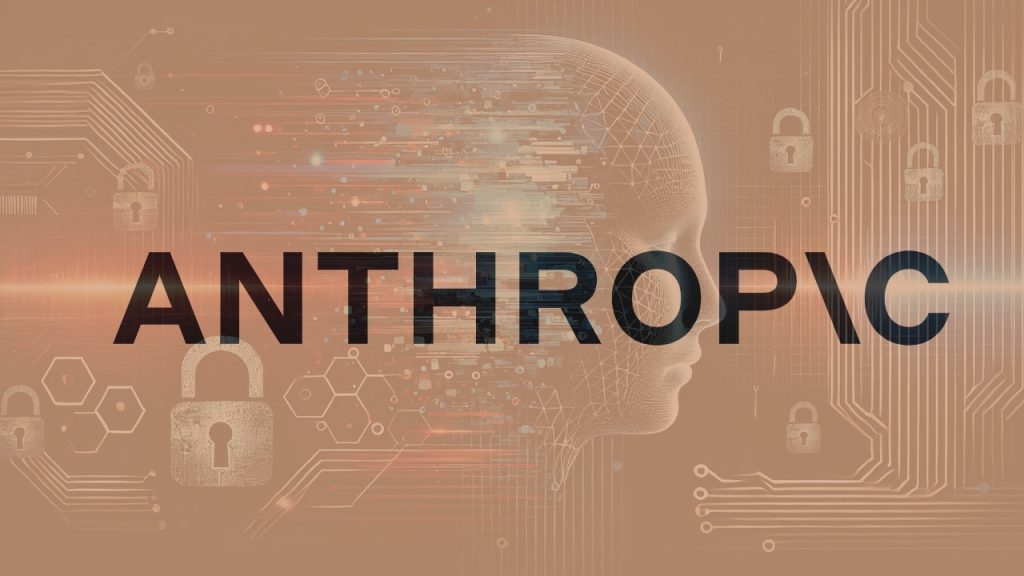Anthropic has officially launched a significant new tool for developers: an API enabling its Claude AI models to perform real-time web searches and provide cited answers.
This significant upgrade allows developers to build applications capable of accessing and incorporating current, verifiable information, directly challenging competitors in the rapidly evolving AI-powered search market. For developers and businesses, this means the potential to create more accurate and contextually aware AI solutions without needing to build their own complex web-crawling infrastructure “With web search, developers can now build AI solutions that tap into current information without needing to manage their own web search infrastructure.”
The company says that developers using the Messages API can now enable the web search tool “Developers can now augment Claude’s comprehensive knowledge with current, real-world data by enabling the web search tool when making requests to [our] API.” When activated, Claude employs its reasoning capabilities to assess if a query necessitates fresh information.
If it does, the AI autonomously generates targeted search queries, retrieves relevant results, analyzes the findings, and synthesizes an answer, crucially providing citations back to the source material for verification.
Claude API Gains Real-Time Web Access
The web search functionality is available for the Claude 3.7 Sonnet, the recently upgraded Claude 3.5 Sonnet, and Claude 3.5 Haiku models. Anthropic has set the pricing at $10 per 1,000 searches, in addition to standard token usage costs.
Beyond simple lookups, the API supports more complex interactions. Claude can perform multiple, progressive searches, using insights from initial results to refine subsequent queries, effectively conducting light research. Developers can manage the depth of these searches using parameters like max_uses.
The API also integrates with Claude Code, Anthropic’s AI coding assistant currently in beta, allowing it to access the latest API documentation and technical articles.
Early adopters like Quora’s Poe platform and Adaptive.ai have already integrated the tool, with Poe’s Head of Product, Spencer Chan, noting “Anthropic’s web search tool is a welcome addition to the Poe platform. It is cost effective and delivers search results with impressive speed, which will benefit people who need access to real-time information while using Claude models on Poe,”, while Adaptive Co-founder Dennis Xu praised its thoroughness “Anthropic’s web search delivers consistently thorough results that have outperformed other tools we’ve tested. The depth and accuracy of Claude’s responses & its ability to function as a research agent will make a significant difference in how effectively we enable our customers to build web-enabled products,”.
Developer Controls and Transparency Features
Anthropic is emphasizing control and trustworthiness alongside capability. The API includes administrative settings allowing organizations to specify domains Claude is permitted to search (allow lists) or restricted from accessing (block lists).
Management can also enable or disable the web search feature at an organizational level. This feature, combined with the mandatory citations, aims to enhance the reliability and verifiability of AI-generated responses. This focus on verifiable information aligns with Anthropic’s stated commitment to AI safety and transparency, an area it has highlighted with initiatives like its Transparency Hub and interpretability tools.
TheAPI launch represents a significant expansion from the initial web search preview Anthropic introduced for US-based paid users in March. That earlier version required manual activation and was restricted to the Claude 3.7 Sonnet model, though it already emphasized providing citations “When Claude incorporates information from the web into its responses, it provides direct citations so you can easily fact check sources. Instead of finding search results yourself, Claude processes and delivers relevant sources in a conversational format,”.
Positioning Against AI Search Rivals
Anthropic’s API enters a competitive field populated by established players and fellow startups. While Google and Microsoft integrate AI summaries directly into search results, and has similarly redesigned Bing, and OpenAI offers search in ChatGPT, Anthropic’s API emphasizes developer control and source verification.
It also competes with startups like Perplexity AI, which launched its citation-focused Sonar API earlier this year, stressing that “Real-time, citation-backed answers are a must for enterprise-grade tools.”
Perplexity positioned its Sonar Pro tier with features like large context windows and, according to its blog post, domain filtering. Unlike the recently launched Grok API from xAI, which lacks live internet access, Anthropic’s tool directly addresses the need for current information in AI applications.
Web Search Powers Broader Agentic Features
The web search API is a foundational component for Anthropic’s broader push into more capable, agentic AI systems. The company recently introduced “Integrations” and “Advanced Research” features for its premium subscription tiers (Max, Team, Enterprise).
Advanced Research, described by Anthropic as enabling Claude to “breaks down your request into smaller parts, investigating each deeply before compiling a comprehensive report.”, explicitly combines web search with access to a user’s connected Google Workspace data and other integrated applications via the Model Context Protocol (MCP).
Looking ahead, this web search capability is also expected to feature in the upcoming mobile voice mode for the Claude mobile app, which is reportedly functional internally and supports discussing uploaded files alongside web queries. While these advancements enhance Claude’s utility, they also bring security considerations into focus, as Anthropic’s own CISO, Jason Clinton, previously warned “In that world, there are so many problems that we haven’t solved yet from a security perspective that we need to solve.”
The company’s partnership with Apple to integrate Claude Sonnet into Xcode for internal use further signals Anthropic’s expanding role in specialized AI applications.

